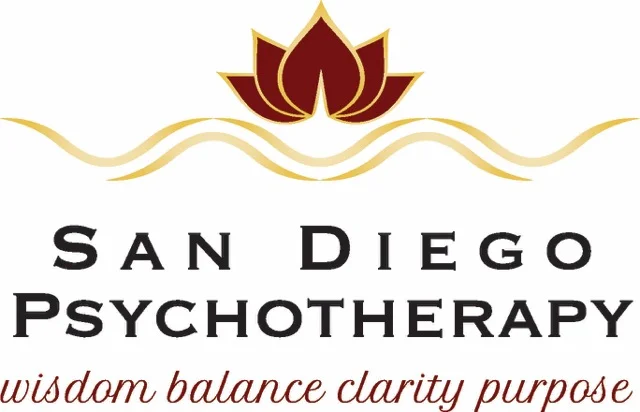By Annabelle Parr
It seems like mindfulness is everywhere these days. In recent years, it has exploded on the scene as the seemingly catch-all cure for a whole host of problems, supposedly promising to address mental health concerns, decrease stress, improve performance at work, and make you a better parent. Its benefits are touted across the internet – from business sites like Forbes and Fast Company, to wellness sites like the Huffington Post, to inspirational sites like Upworthy.
It’s true that practicing mindfulness can benefit us in all sorts of ways, showing not only benefits to our mind and our mood, but to our overall physiological health as well. However, when something is subjected to as much hype as mindfulness has been, sometimes in all the air time, it can get watered down and potentially misrepresented. Depending on how we talk about mindfulness and how we choose to apply it to our struggles and our lives, mindfulness can be a huge help or it can become one more well-disguised attempt at avoiding and controlling discomfort.
So what actually is mindfulness?
Mindfulness has a long and rich history rooted in Eastern philosophy traditions, which have acknowledged its benefits for centuries. Jon Kabat-Zinn, professor of medicine at the University of Massachusetts Medical School, was a trail blazer in integrating an understanding of mindfulness into the Western conception of health. He defines mindfulness as “paying attention in a particular way: on purpose, in the present moment, and non-judgmentally.” Meditation is an example of a mindful exercise, but mindfulness can be practiced in any moment during any activity – one of the reasons it is so appealing and accessible as a means of promoting wellbeing.
Sounds ideal, right? You can practice it anytime, anywhere! The key to a stress free life is available to you in any moment! Well…not exactly.
As Steven C. Hayes (2019) pointed out in his new book, A Liberated Mind, “it matters what mindfulness is for.” Why are we choosing to practice mindfulness? Based on any number of headlines and articles you read online, it sounds like practicing mindfulness is about getting rid of discomfort and stress. But thinking about it this way can actually make things worse! As Carl Jung noted, what we resist persists. The more we try to escape, avoid, or control our emotions, the stronger they tend to get. What’s more, when all our energy is devoted to controlling discomfort, our lives become increasingly restricted as our choices are dictated by what we are not willing to feel. When mindfulness becomes one more tool to escape or control uncomfortable experiences, it can end up fueling the same cycle that gets us caught in suffering.
So if it’s not about getting rid of stress, why should we bother being mindful?
From an Acceptance and Commitment Therapy (ACT) perspective, mindfulness helps make our lives richer and more meaningful. It does not guarantee freedom from discomfort. But it does offer us a new way to meet our pain. When we connect to the here and now rather than getting caught in regrets about the past or worries about the future, we are freed to notice what is happening in the moment and then choose to take action toward what is important to us.
The purpose is not to get rid of stress or anxiety or grief or whatever other uncomfortable feeling shows up, but rather to help facilitate awareness so that discomfort does not control our actions and define our lives. In being more present, we are free to notice not only the tough stuff like sadness or fear or frustration, but also the stuff that fills us up, like peace, joy and triumph. When we are not responsible for changing how we feel, we are freed up to change how we behave.
If you are interested in learning more about mindfulness, it can absolutely be helpful! And it can help you with things like stress and anxiety and work performance and being a more engaged parent and partner. But the reason it is helpful matters. A lot.
When you decide to show up to the moment mindfully, remind yourself that this is not a way to escape something difficult or painful. As psychiatrist and Holocaust survivor, Victor Frankl, so poignantly noted, “between stimulus and response there is a space. In that space is our power to choose our response. In our response lies our growth and freedom.” Mindfulness allows us to access that space. It allows us to hold our experience willingly and gently, allows us to notice helpful information that may be present in our experience, and allows us to make a conscious, active choice about how we want to behave. We are freed to choose to act in a way that is consistent with our values, and in so doing, we are invited to experience life as full of vitality and meaning, even when we are faced with discomfort.
IF YOU FIND YOURSELF STRUGGLING, FEELING STUCK, AND/OR COULD USE SOME HELP NAVIGATING YOUR FEELINGS, YOU COULD BENEFIT FROM COGNITIVE BEHAVIORAL THERAPY, ACCEPTANCE AND COMMITMENT THERAPY, AND MINDFULNESS. DR. SHOSHANA SHEA CAN HELP. SHE CAN BE CONTACTED AT 619-269-2377.




